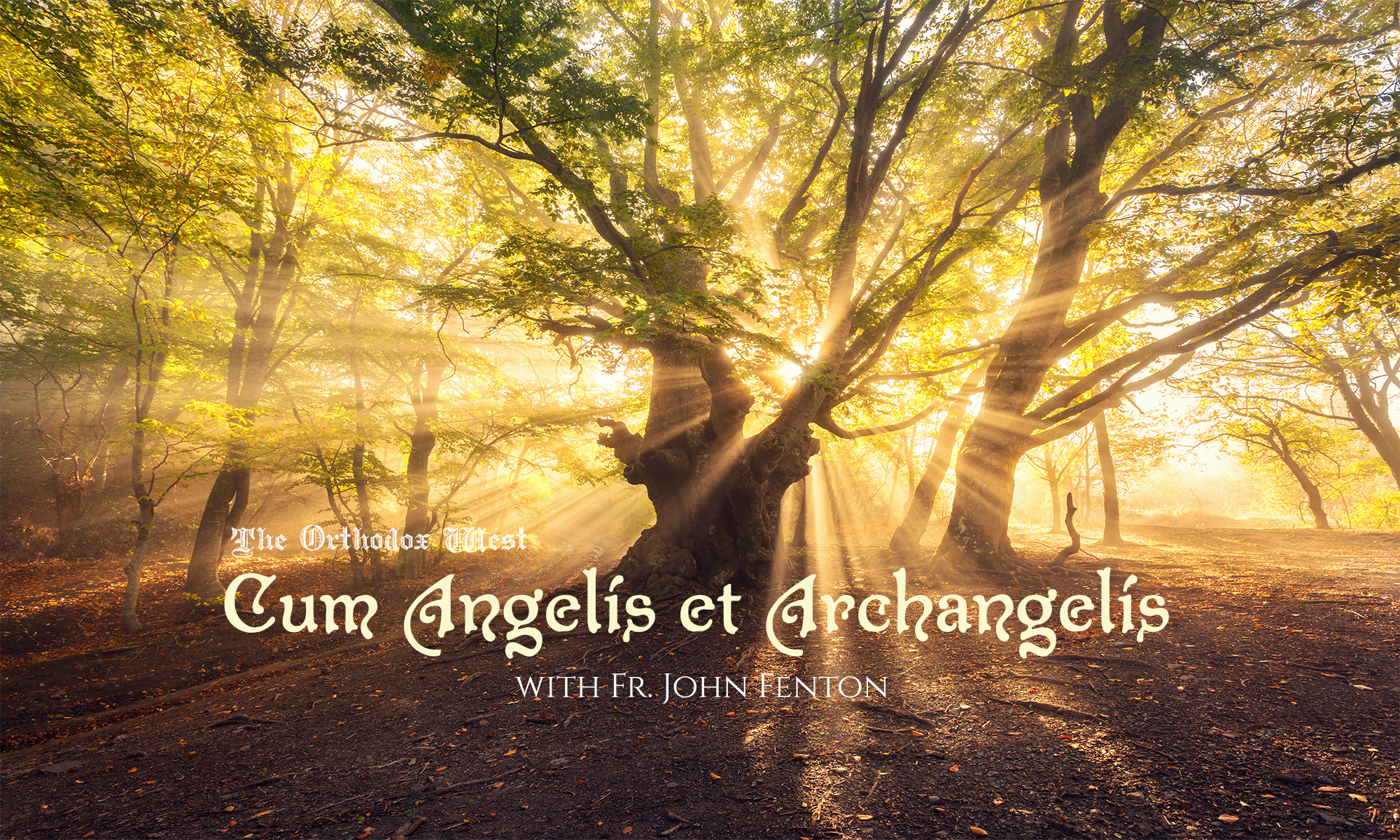It’s no coincidence that the recent decline in the reverence and respect for the human body has coincided with the equally recent decline in the celebration of Our Lord’s Ascension.
Duty & Delight
We hear the word “obligation,” and too often we think of duties that must be performed, of requirements that must be done. And so “burden” and “compulsory” and “requirement” is what we hear. Especially to our American ear, “obligation” sounds tyrannical. It rings more of slavery than of freedom, more of servitude than of liberty. Perhaps that is due not only to our American spirit of fierce independence, but also to our fallen human nature which does not wish to be obliged to anyone or considered in anyone’s debt.
Honoring Our Mother
In popular devotion, each month is dedicated to a particular mystery or event. These dedications are intended to aid the devout in their consideration of Our Lord’s grace. Usually these dedications coincide with a dominant feast celebrated during the month. For example, January is dedicated to the Most Holy Name of Jesus (2 January), March to St Joseph (19 March) and November to the Faithful Departed (2 Nov).
The Mass is Heaven
The most important work we do as a community is to gather in the kingdom of heaven in order to receive our Lord’s gifts with thanksgiving. In fact, it is the most important work we do of any kind. To be sure, caring for our family, putting in a good day on the job, helping and serving others (especially those in need), praying for and supporting one another—these are all important tasks. But the assembly of the faithful in Church is the most important, by far, because the Mass places us in heaven itself.
Holy Week in the Western Tradition: A Brief Synopsis
Holy Week consists of two parts: the first four days, beginning with Palm Sunday; and the Triduum Sacrum (“holy three days”), which celebrate with particular solemnity Our Lord’s Passion, Death, and Resurrection.
Continue reading “Holy Week in the Western Tradition: A Brief Synopsis”
Take Heart!
In less than two weeks, we will be celebrating the Queen of Feasts, the resurrection of Our Lord Jesus Christ from the dead. Even now, we should be eagerly anticipating this feast. For it is the highlight not of spring, but the highlight of our life in God.
Why We Veil the Crosses & Icons
Beginning with First Vespers for the Sunday of the Passion (this year, the evening of March 24), it is customary to veil crosses and icons within the church and home. Part of the reason for this custom is given in the Passion Sunday Gospel, which ends with these words: “Jesus hid himself and went out of the temple.” (Jn 8.59)
Lent
As Lent begins, beware that Satan will toy with you. Within a few days or weeks, he will urge you to believe that you’ve fasted too long, that you’ve sacrificed enough of your time, that you’ve done enough of your Lenten duty of prayer, and that you’re stretched too thin to tithe or give alms.
Satan is not alone in his toying with us. Our flesh is a co-conspirator.
Preparing for the Feast
In earliest times, the preparation for the Feast of our Lord’s Resurrection consisted of forty hours of prayer vigil in the church, and a strict fast from all food and drink. The vigil and fast began after the Maundy Thursday communion and concluded with the Easter celebration very early Sunday morning.
Candlemas
One of the most beloved Masses in the Orthodox Church is the Feast of the Presentation of Our Lord in the Temple. During this Mass, we hear of aged St Simeon gently taking the 40 day old Christ Child into his arms, and declaring: “Now I may depart in peace, because I have seen my Salvation.” Using imagery from the prophet Isaiah, St Simeon also declares Jesus to be the “light which illuminates the nations.”
